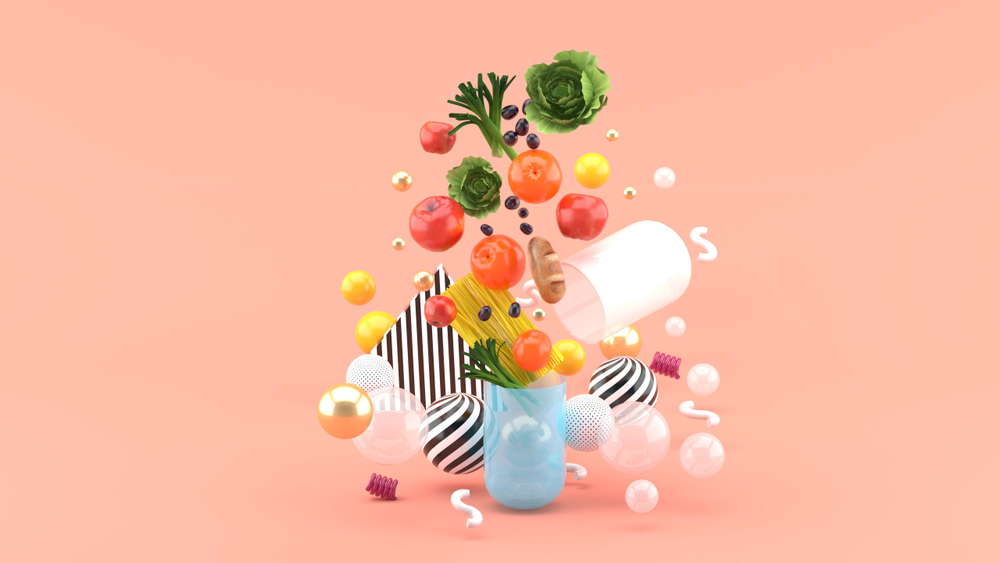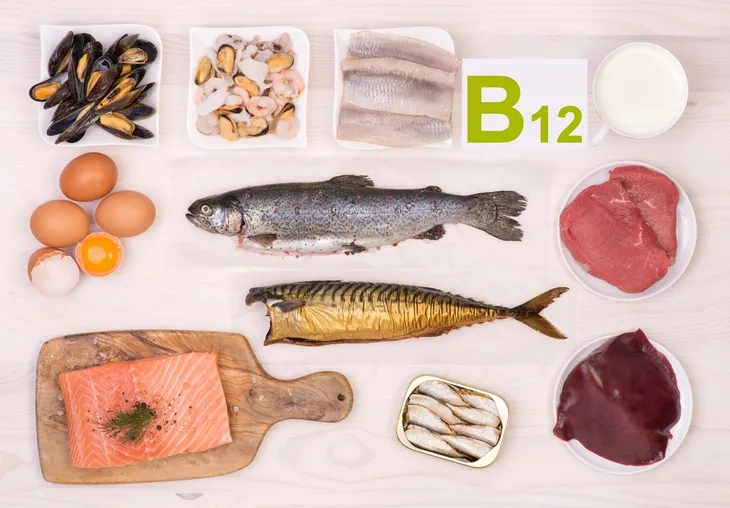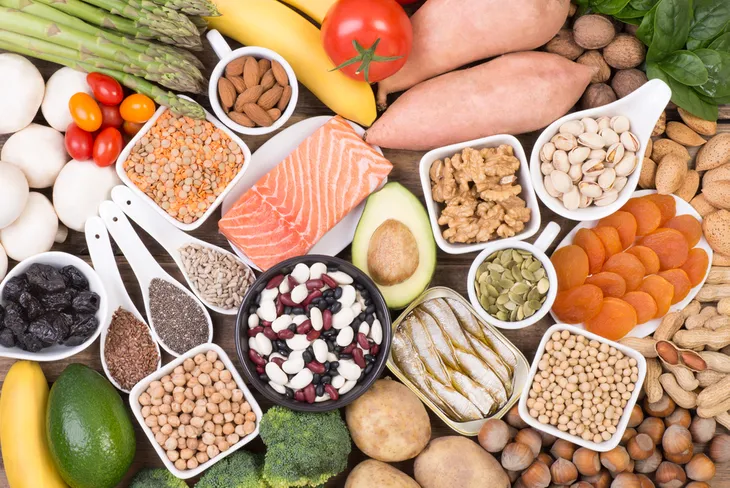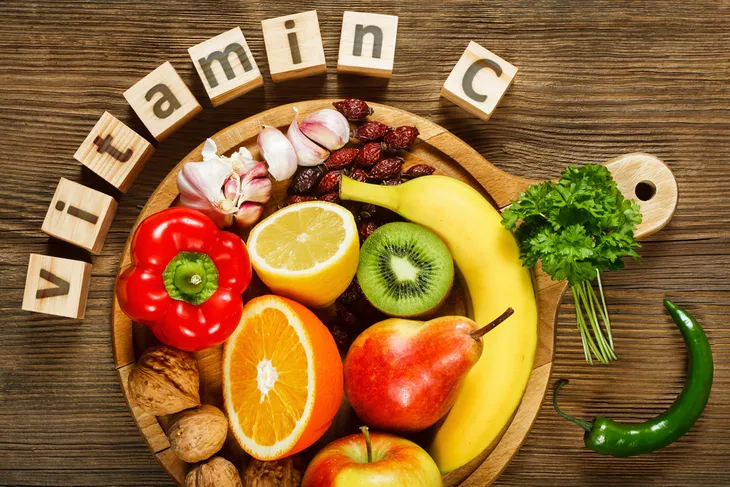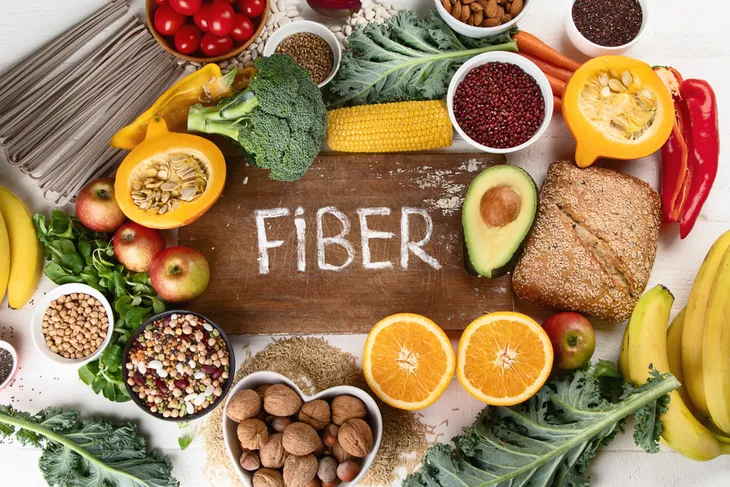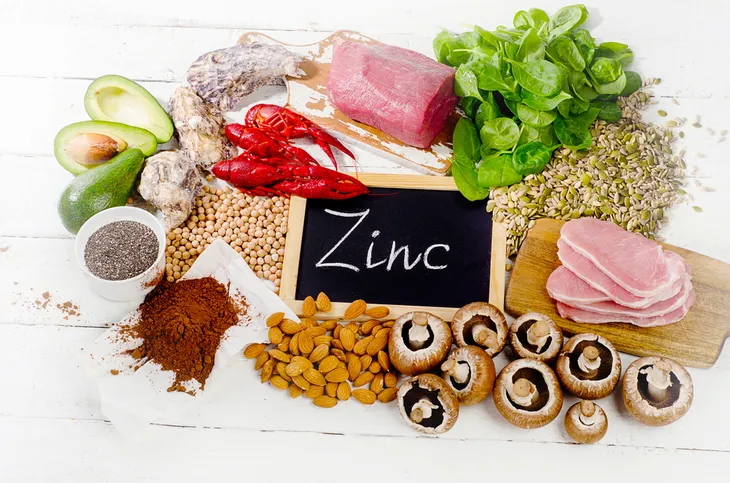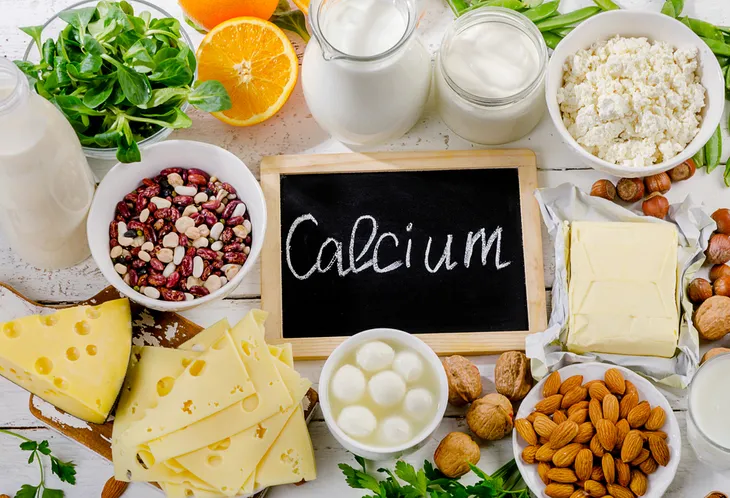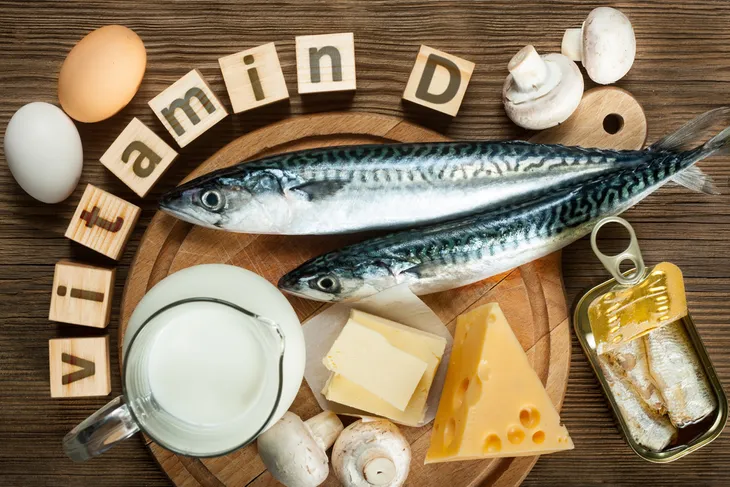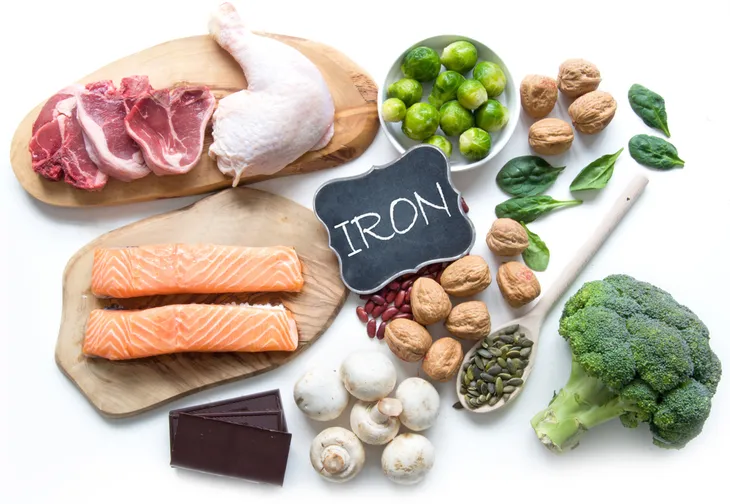Did you know that the average American diet is lacking a large amount of essential nutrients? This is due to opting for over-processed, convenience foods that are high in simple carbohydrates, refined sugar and bad fat vs. whole, fresh foods. Here are the nutritional deficiencies common to most North American diets…
Vitamin B12
If you’re a vegetarian or vegan, or if you just don’t eat a lot of lean animal protein, you may be dangerously low in vitamin B12, a nutrient that mainly comes from fish, meat, poultry, eggs and dairy. Even though you can get some vitamin B12 from fortified breakfast cereals, it’s hardly enough for the maintenance of many neurological functions.
More than 15-percent of North Americans between the ages of 14 and 50 are B12 deficient and at risk of anemia, depression, dementia, and early onset-Alzheimer’s.
Potassium
Before you scoff at a potassium deficiency, keep in mind that your body needs it to survive. It keeps your blood pressure stable, regulates water levels, maintains the nervous system, and keeps energy levels and heartbeat regular, and wards off the evils of osteoporosis, diabetes, and heart disease.
In 2013, only 53-percent of American had adequate potassium levels. However, you can replenish with foods like cooked beets, potatoes with skin intact, bananas, and cooked spinach. (Here’s a list of Everyday Foods With More Potassium Than a Banana).
Vitamin C
As humans we get vitamin C from food sources like citrus fruits, tomatoes, red and green peppers, kiwi, potatoes, broccoli, berries, Brussels sprouts and cantaloupe. Vitamin C is essential for collagen production, metabolism and immune function, as well as for the vital absorption of iron.
Without adequate vitamin C we risk fatigue, scurvy, depression, tooth loss, gum disease, and joint pain and inflammation, as well as compromised healing from illnesses, wounds, and various infections.
Fiber
If you’re having trouble with digestion and constipation, chances are you are not getting adequate stores of fiber in your diet. This non-digestible carbohydrate is often void in processed grains so typical of convenience foods, which is why the rate of type 2 diabetes, high cholesterol, and digestive-related conditions (i.e., IBS) is on the rise.
To make digestion and bowel movements more efficient, try incorporating some soluble fiber—found in beans, fruit with skins, high fiber breads and cereals, oats, and lentils into your daily diet.
Zinc
Zinc is especially vital for the growth of infants and children. Without foods like red meat, poultry, shellfish (i.e., oysters), fortified breakfast cereals, beans, nuts, whole grains and dairy products in our diets, youngsters may end up with growth delays in size and sexual development.
Zinc deficiency can also result in compromised immune function, issues during pregnancy, hair loss, impotence, skin lesions, and slow healing wounds and skin abrasions.
Calcium
If you have a history of osteoporosis, you should be consciously eating foods high in calcium, a mineral that maintains healthy bones, heals and prevents bone fractures, and even protects our nerve endings.
Because the body doesn’t naturally produce calcium, we need to glean our stores from the foods we eat—including foods like dairy and dairy byproducts, collard greens, and low fat yogurt and milk.
Vitamin D
Vitamin D is the sun vitamin, meaning we can only absorb and produce Vitamin D when we are exposed to sunlight. However, most North Americans don’t get the 20-minutes of sun exposure a day needed to adequately encourage and regulate cellular growth, protect our bones, protect the heart from cardiovascular disease, high blood pressure, and other inflammatory diseases.
Americans get their main source of vitamin D from fortified milk and orange juice, as well as canned tuna and sockeye salmon.
Iron
Iron is essential for more than muscle building. It regulates our oxygen transfer throughout the body, promoting energy and body temperature regulation while preventing anemia) and loss of memory-related disorders. Women between 18- and 50-years old are more likely than men are prone to iron deficiency.
Vegetarians and vegans are also at risk due to a lack of animal protein in diets. Iron can be sourced from beef, poultry, and fish as well as edamame, lentils, and nuts.
